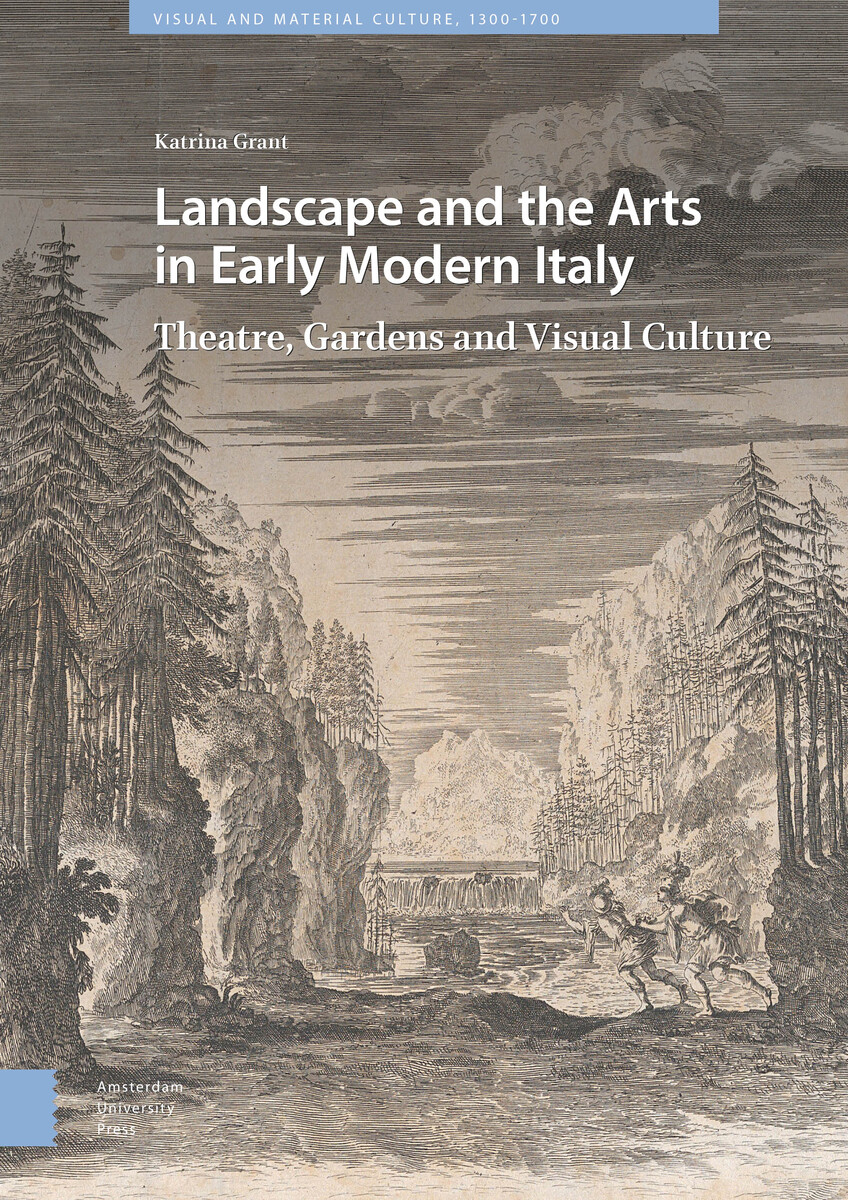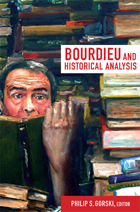Landscape and the Arts in Early Modern Italy: Theatre, Gardens and Visual Culture
Amsterdam University Press, 2022
eISBN: 978-90-485-5112-5
See other books on: Arts | Baroque & Rococo | Early Modern Italy | Stagecraft & Scenography | Theatre
See other titles from Amsterdam University Press
eISBN: 978-90-485-5112-5
ABOUT THIS BOOK | AUTHOR BIOGRAPHY | TOC
ABOUT THIS BOOK
This book argues that theatre, and the new genre of opera in particular, played a key role in creating a new vision of landscape during the long seventeenth century in Italy. It explores how the idea of gardens as theatres emerged at the same time as opera was developed in Italian courts around the turn of the seventeenth century. During this period landscape painting emerged as a genre and the aesthetic of designed landscapes and gardens was wholly transformed, which resulted in a reconceptualization of the relationship between humans and landscape. The importance of theatre as a key cultural expression Italy is widely recognised, but the visual culture of theatre and its relationship to the broader artistic culture is still being untangled. This book argues that the combination of narratives playing out in natural settings (Arcadia, Parnassus, Alcina), the emotional responses elicited by sets and special effects (the apparent magical manipulation of the laws of nature), and, the way that garden theatres were used for displays of power and to enact princely virtue and social order, all contributed to this shifting idea of landscape in the seventeenth century.
See other books on: Arts | Baroque & Rococo | Early Modern Italy | Stagecraft & Scenography | Theatre
See other titles from Amsterdam University Press












